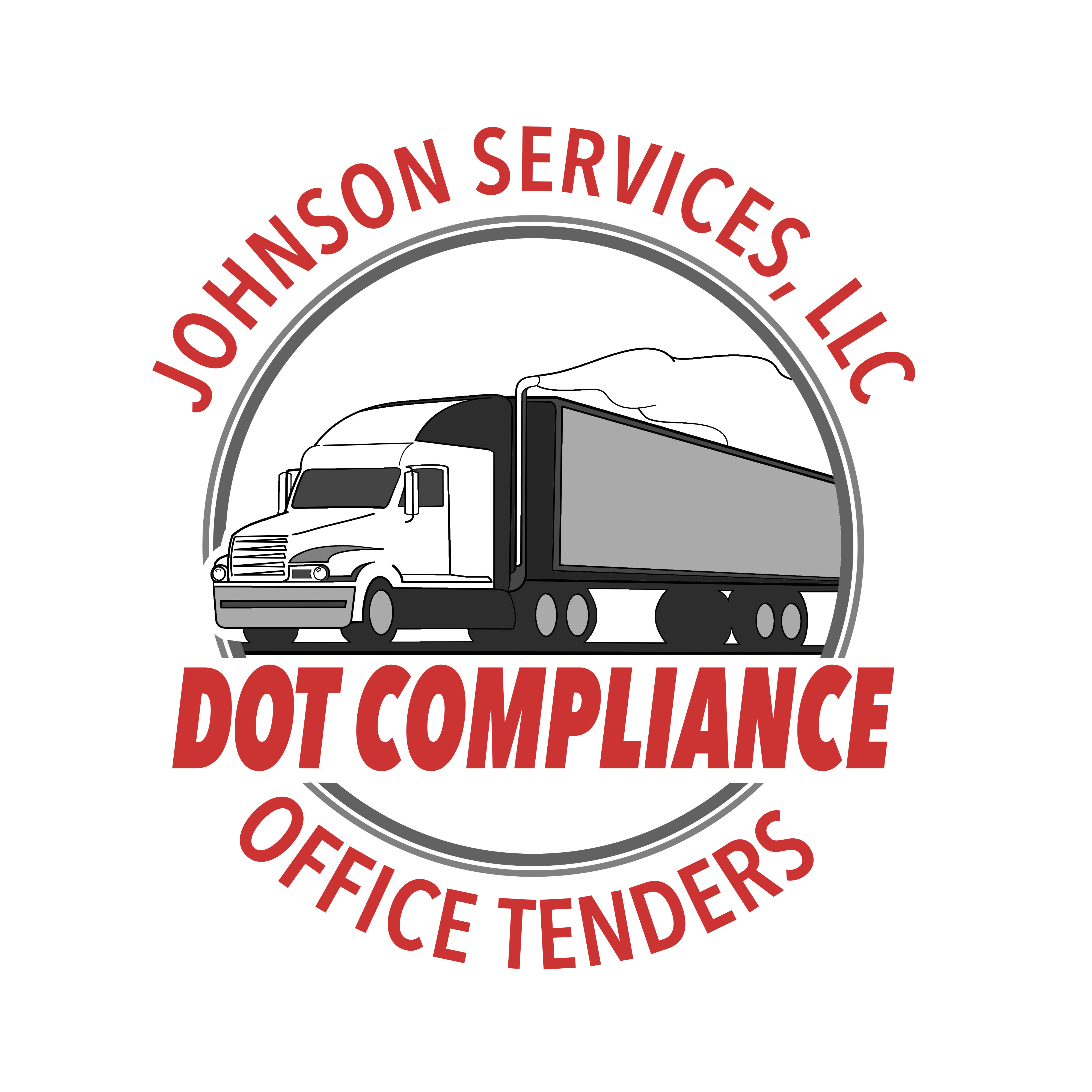Driver retention rates continue to be a serious issue for the trucking industry, as this is one of the highest turnover industries, constantly facing a shortage of qualified, experienced truck drivers. We previously discussed the role that proper training can play in reducing turnover rates, but how does pay types and rates come into the picture?
There is also discussion about how truck driver pay can affect safety, with the Federal Motor Carrier Safety Administration beginning a study on the matter this year. But it isn’t just the actual amount of money the truck driver earns that must be considered; different types of pay matter, too.
Truck Drivers Paid Per Hour or Per Mile
The most common way that truck drivers earn is by the mile. The trucking company pays a certain amount per mile driven, or based on the estimated amount of miles to the destination. The concern with this type of pay is that it does not necessarily take into account time spent on other required tasks, such as log book entries, pre-trip inspections, or time spent waiting to load or unload. Some would also argue that per mile pay might encourage unsafe behaviors, such as violating hours-of-service regulations, to get in a few extra miles per day.
Hourly pay, on the other hand, is rather uncommon, and is used almost exclusively for intrastate trucks. Being paid for how many hours a truck driver is actually on the job makes budgeting easier, and gives the driver some piece of mind about uncontrollable factors like load times. However, it can be hard for a trucking company to pay a driver for sitting and waiting for a load to be emptied.
Percentage Pay, Bonuses & Incentives for Truckers
A recent study by Stay Metrics reports that truck drivers are more likely to be happy with their job when they are being a paid a set percentage for each load, as opposed to hourly or per mile. Many companies are leaning this way lately, offering better percentage rates for experience and performance, typically ranging between 22 to 33%. And a happy employee who feels they are being paid fairly is more likely to stick around and more concerned with safety.
The bonus and extra pays offered by some companies help to support the per mile system. These can range in purpose, but include things like:
- Sign-on bonus
- Referral bonus
- Stop pay
- Layover pay
Still, there are job requirements that truck drivers are not being paid for, which isn’t helpful for fixing the high turnover rates that are plaguing the industry.
But the really interesting issue is incentive pay, or pay-for-performance. A 2006 study by Cornell University School of Industrial & Labor Relations suggests that higher pay increases driver retention, therefore improving safety because drivers who work longer for one company have higher safety rates. Incentive pay is one way to get that bottom line for truck drivers looking better.
However, Harvard Business Review and many other respected sources claim that incentive pay has little to no effect on employee performance. Although it may increase the likelihood of meeting goals in the short-term, such as following hours-of-service regulations each week, it can actually have a negative effect on the commitment to safety and better performance. Given the fact that trucking companies are now routinely offering incentive pay for things like safety, fuel management, and level of service, the difference in these two studies is something to consider.
Navigating the Trucking Industry
Does incentive pay work? Do truck drivers want to be paid for performance, per mile or by the hour? Or is percentage pay the future of the trucking industry? This is just one of many issues that truck drivers and trucking companies must conquer to improve highway safety and driver retention rates.
In the meantime, let Office Tenders help you navigate the DOT paperwork requirements that every driver and company is faced with. When you spend less time sorting through paperwork, you have more time to focus on the important issues and more time on the road!

